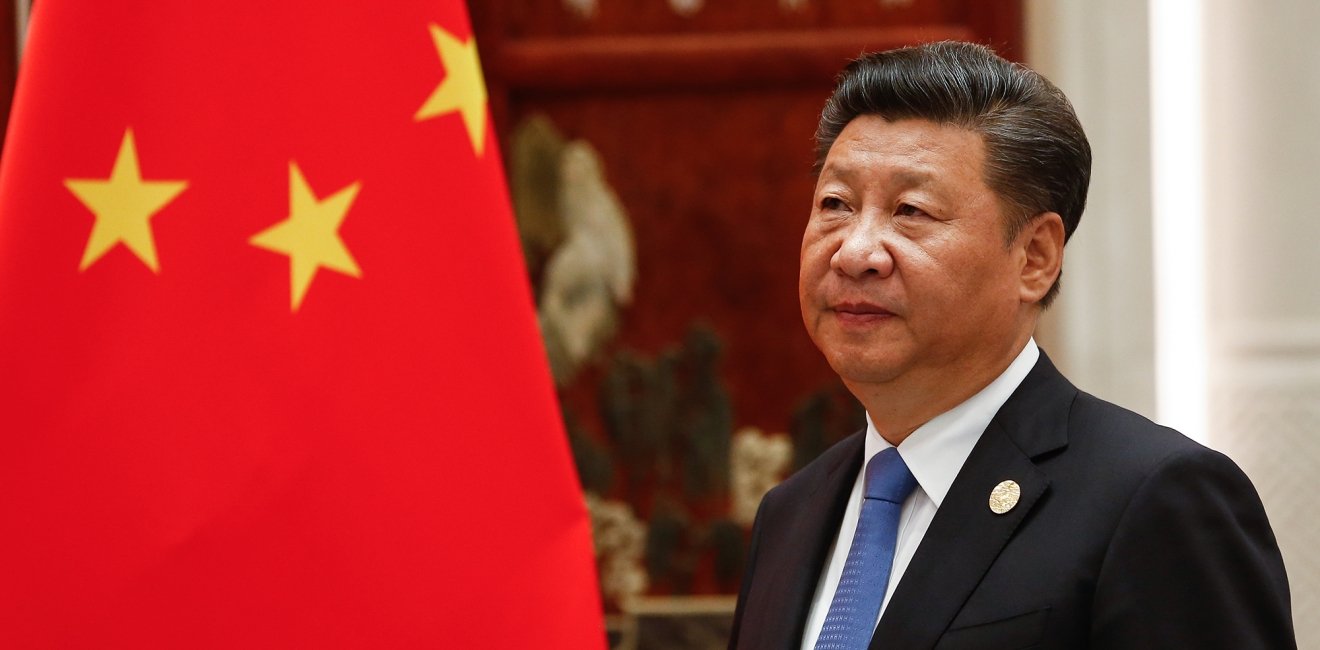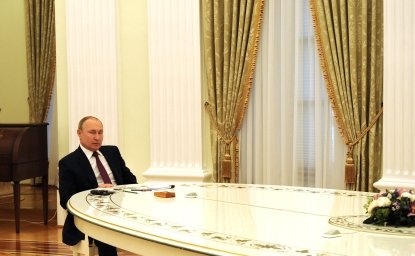Xi Jinping has confirmed that he will not attend the G20 meetings in New Delhi next weekend. This is odd; China has been represented by its top leader since the self-styled arbiter of global commerce and cooperation was formed in 1999. Xi has presented himself as a global leader since his January 2017 speech at Davos. Why, then, is he giving New Delhi a miss? He is likely motivated by a mix of factors.
- Should he attend, he would face unwelcome inquiries about the slowing of China’s economy and Beijing’s support for Russia. China is facing its worst economic crisis since the launch of the reform period in 1978. Poor handling of economic questions at the G20 could hurt Xi globally and before his already skeptical domestic audience. Better to let Premier Li Qiang, who will attend in his stead, be the face of China’s slowdown.
- Xi’s attendance would reaffirm the G20 as a forum deserving of his attention and would strengthen the narrative that the host, India, is a worthy rival to China. Xi is not interested in either proposition. Within China, Xi’s absence can easily be spun as an indicator of his global status: the G20 will be poorer for want of his wisdom.
- Staying away will reinforce the impression which Xi wishes to build in the Global South that China is the natural leader of all nations which view the West as acting against their interests. This impression was strengthened at the BRICs summit held in South Africa and it will be the theme of the Belt and Road Forum that China hosts in Beijing this fall.
Xi’s absence does not mean China will pull out of the G20 or that Xi will never attend again; it is simply that this year’s session doesn’t suit his present purposes.
Xi’s skipping the G20 adds to a convincing body of evidence that China does not aspire to rule the world; it wants to lead the developing half of it, which is growing more rapidly, has a larger population, and casts more votes at the UN than developed democracies.
BRICS, Belt and Road, the Shanghai Cooperation Organization, and China’s global security, development, and civilizational initiatives do not aim at destroying the West, but at making it less relevant. To counter China, the West must outperform it in ways that are beneficial to developing nations. The Biden administration has done this throughout 2023. It is gaining ground.
That may be another reason that Xi Jinping stays home.
Author


Kissinger Institute on China and the United States
The Kissinger Institute works to ensure that China policy serves American long-term interests and is founded in understanding of historical and cultural factors in bilateral relations and in accurate assessment of the aspirations of China’s government and people. Read more





